The podcast, hosted by Noam Hassenfeld, features interviews with experts in the field, including professor Dan Polley, who explains that the brain's construction of reality is a fundamental aspect of consciousness. "Everything that we perceive as consciousness is constructed from the activity of the brain," Polley says. This concept challenges the long-held assumption that our senses provide an objective representation of the world.
Deutsch's discovery of the Octave Illusion, which can be heard online, is a prime example of how the brain processes sound. When listening to the illusion, the brain creates a perceived shift in pitch, even though the actual sound remains the same. This phenomenon highlights the brain's ability to edit and interpret sensory information, often in ways that are not immediately apparent.
The implications of this research are significant, as they suggest that our understanding of the world is not fixed but rather a dynamic construction of our brains. This has important implications for fields such as psychology, neuroscience, and philosophy, where the nature of reality and perception are central concerns.
The podcast series also explores the latest developments in the field, including the use of brain-computer interfaces and the potential for sound-based therapies for neurological disorders. These advancements hold promise for improving our understanding of the brain's processing of sound and for developing new treatments for a range of conditions.
As researchers continue to explore the complexities of sound processing, they are shedding new light on the intricate mechanisms of the brain. The discovery of the Octave Illusion and the brain's role in constructing reality are just a few examples of the many fascinating findings emerging from this field. By delving deeper into the mysteries of sound, scientists are gaining a deeper understanding of the human experience and the intricate workings of the brain.
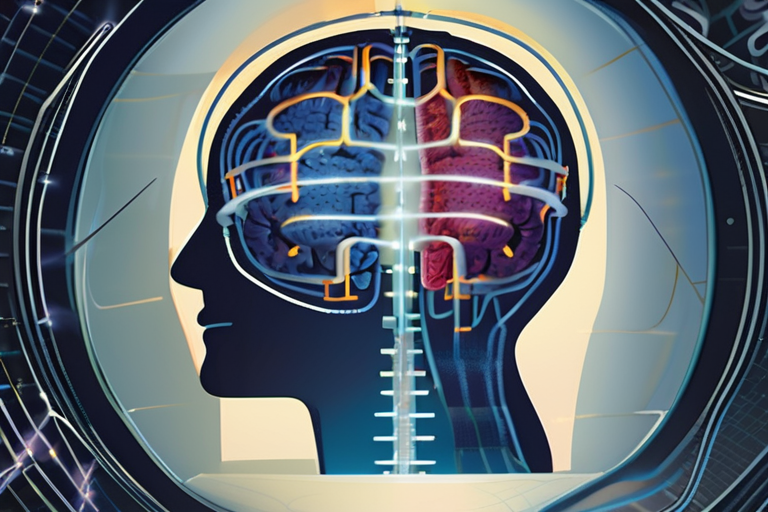


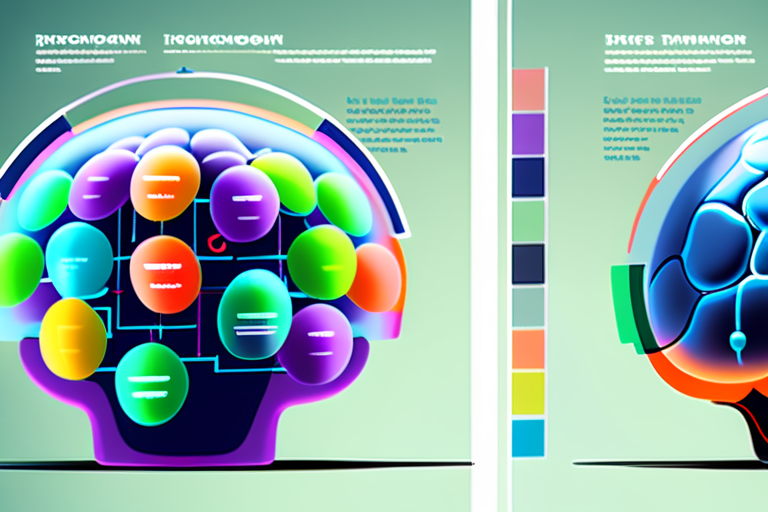
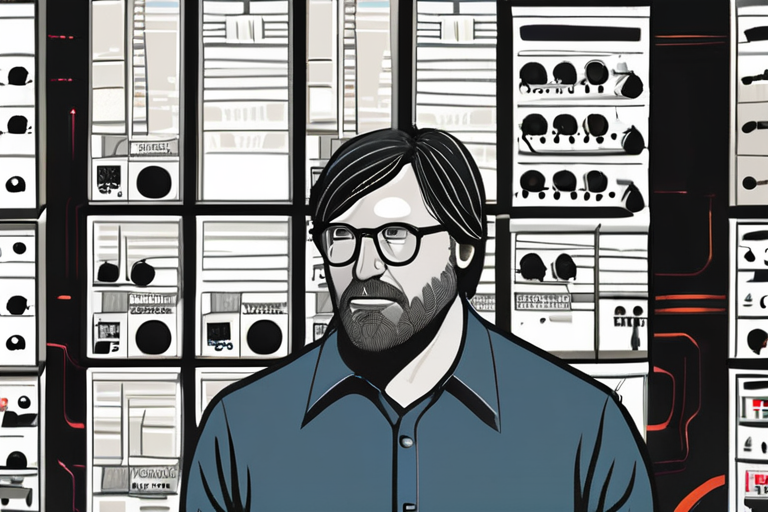


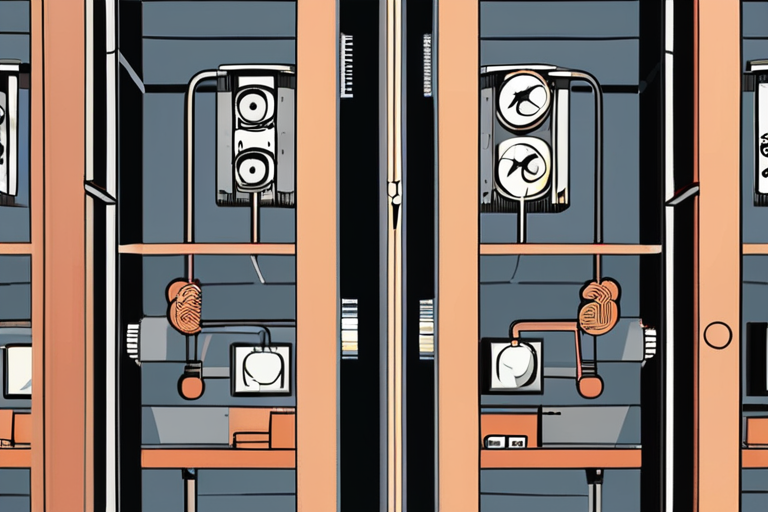
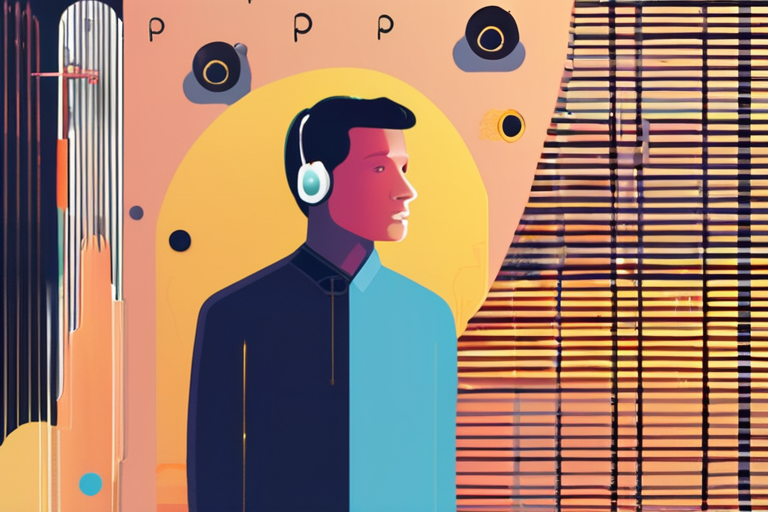

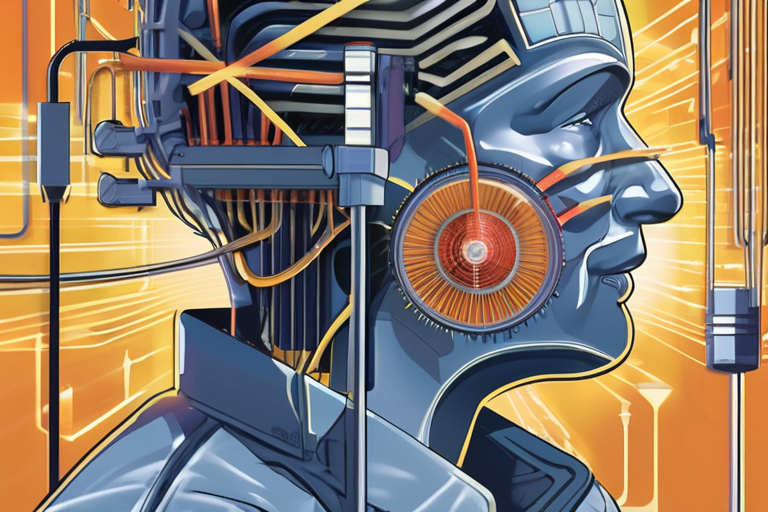

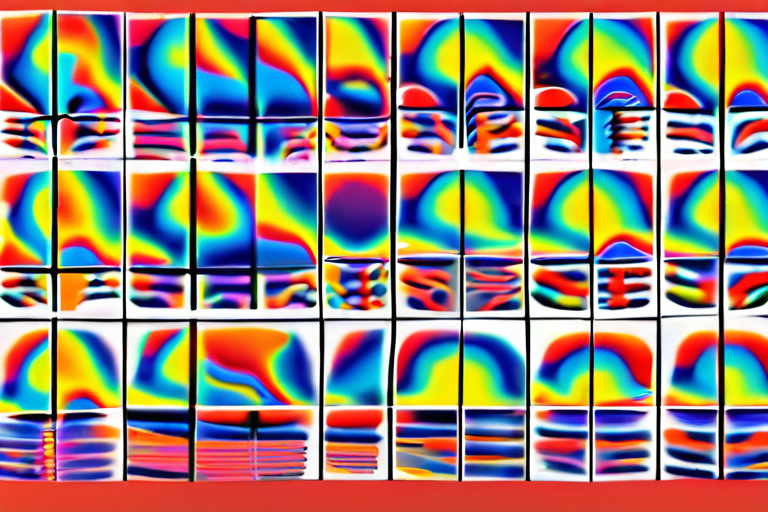
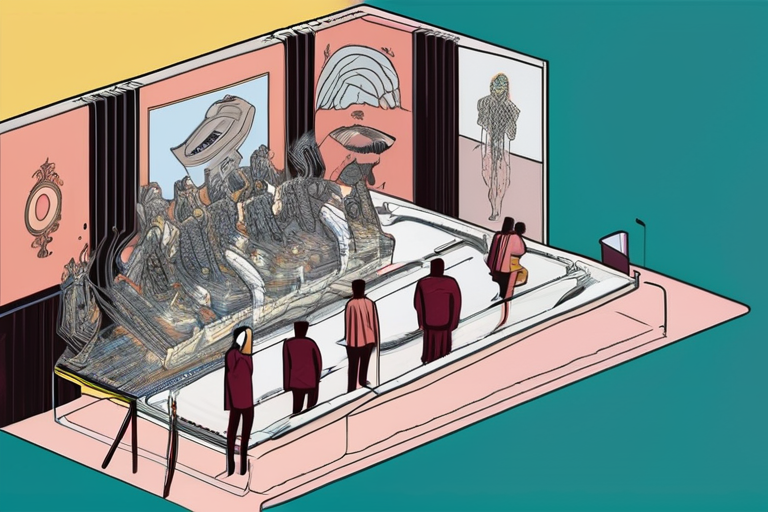
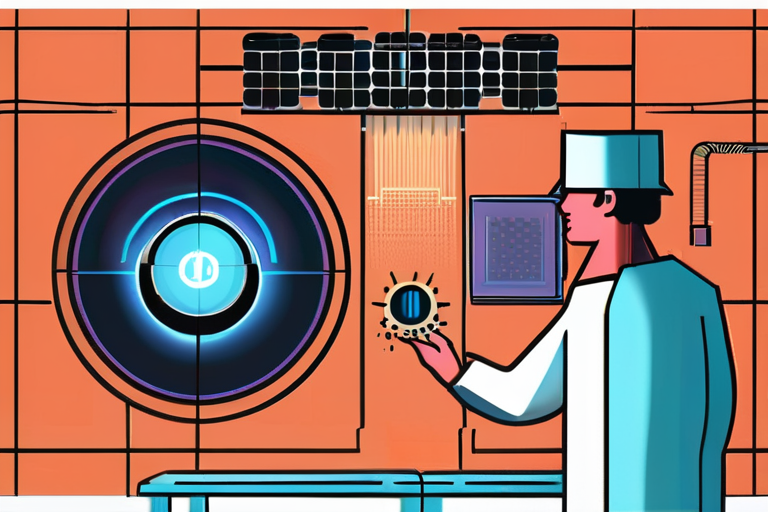
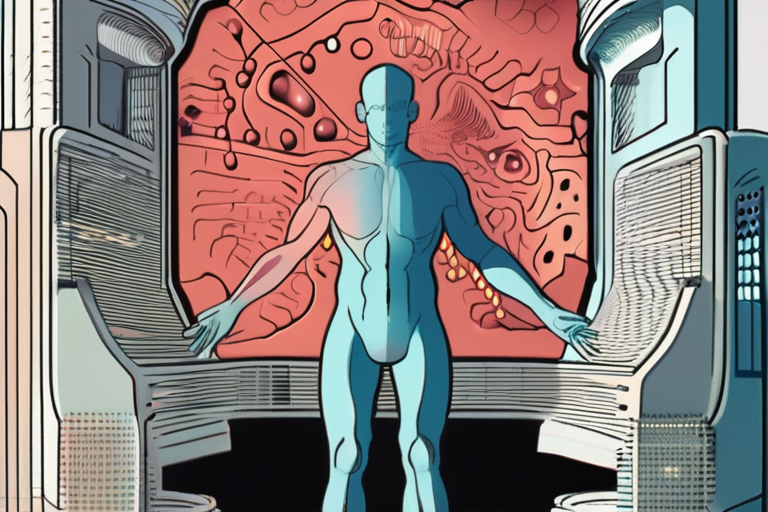
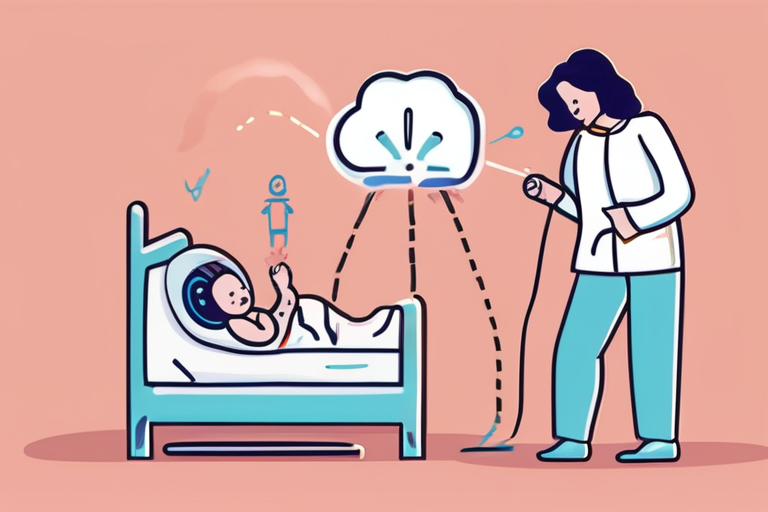
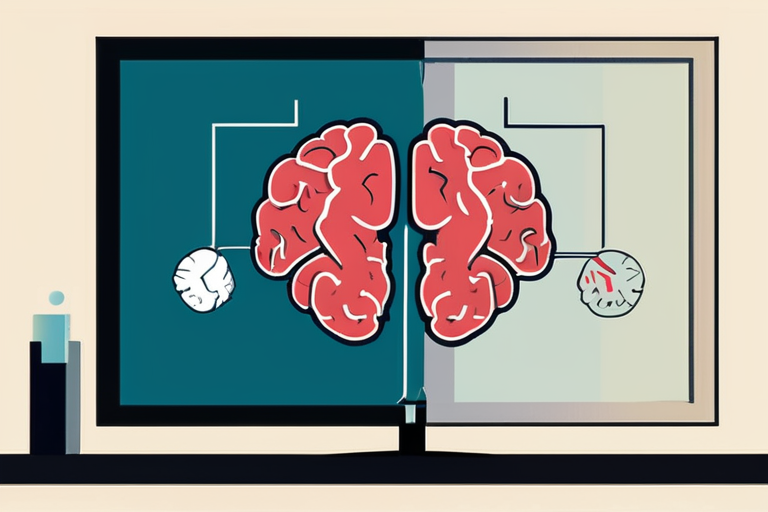

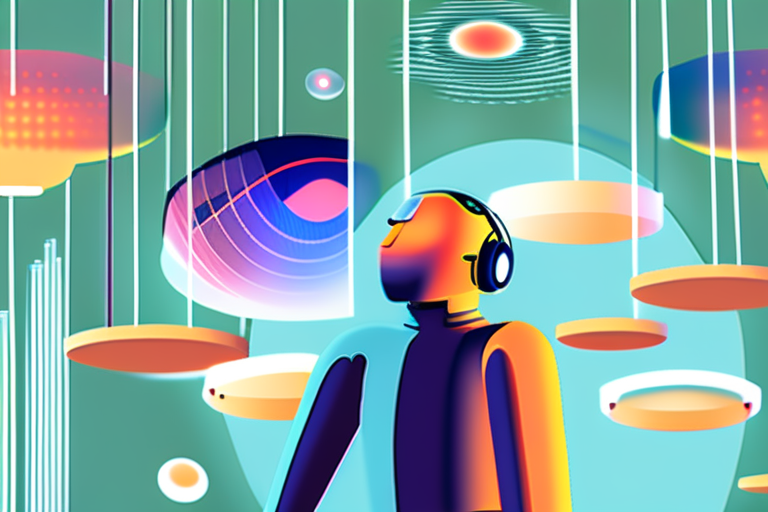

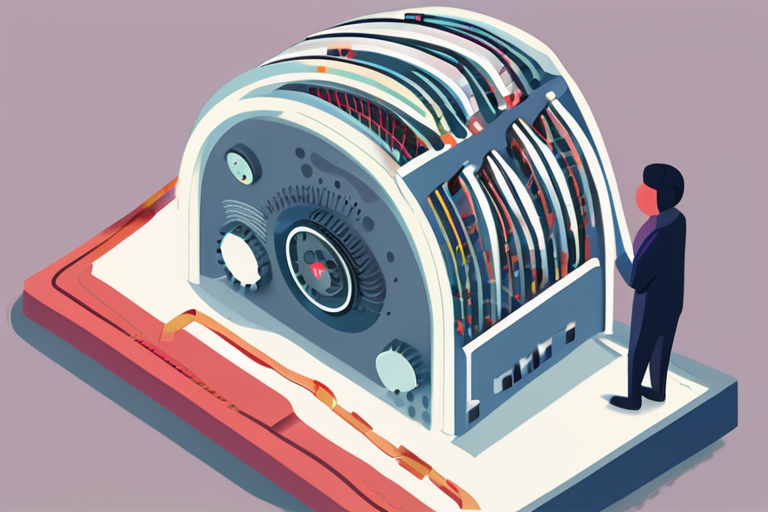
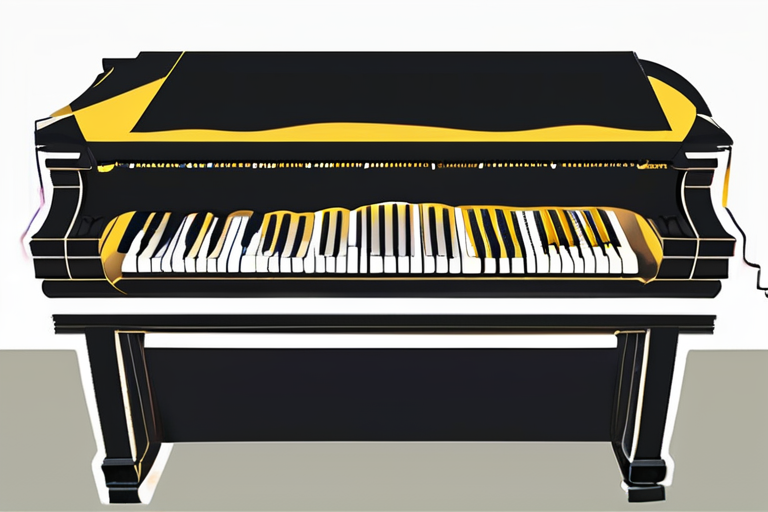

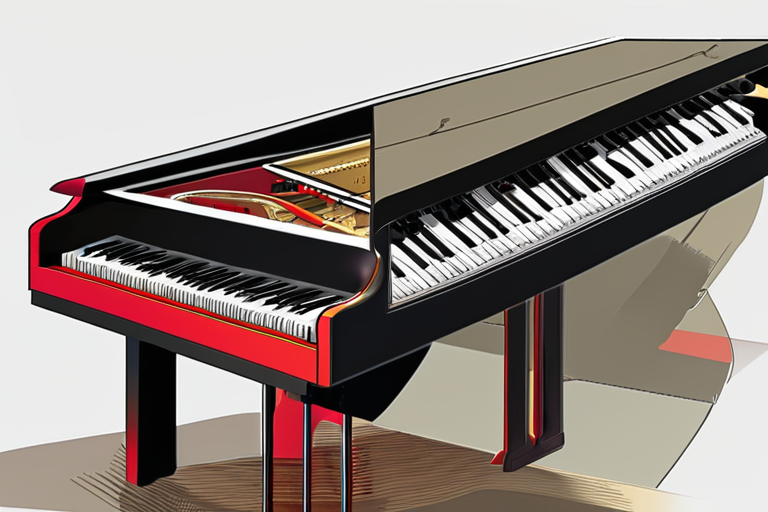
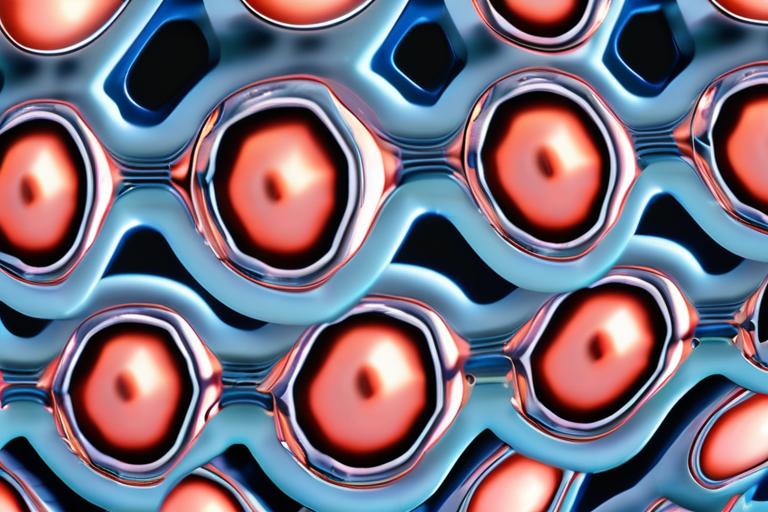
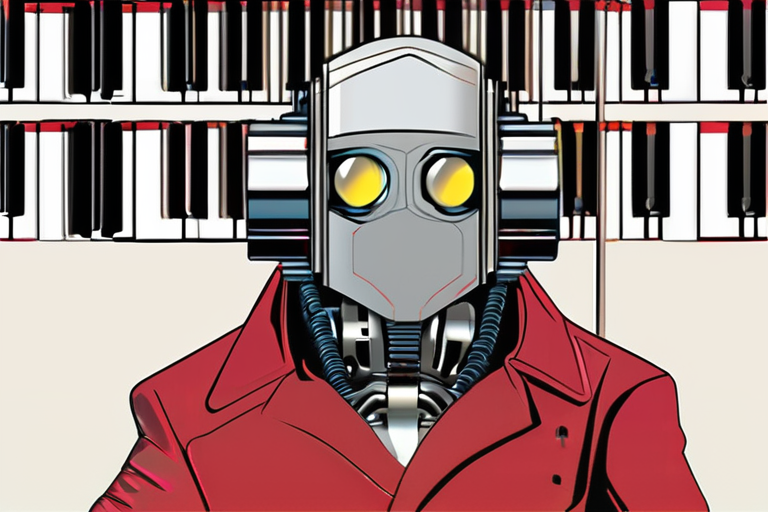
Share & Engage Share
Share this article